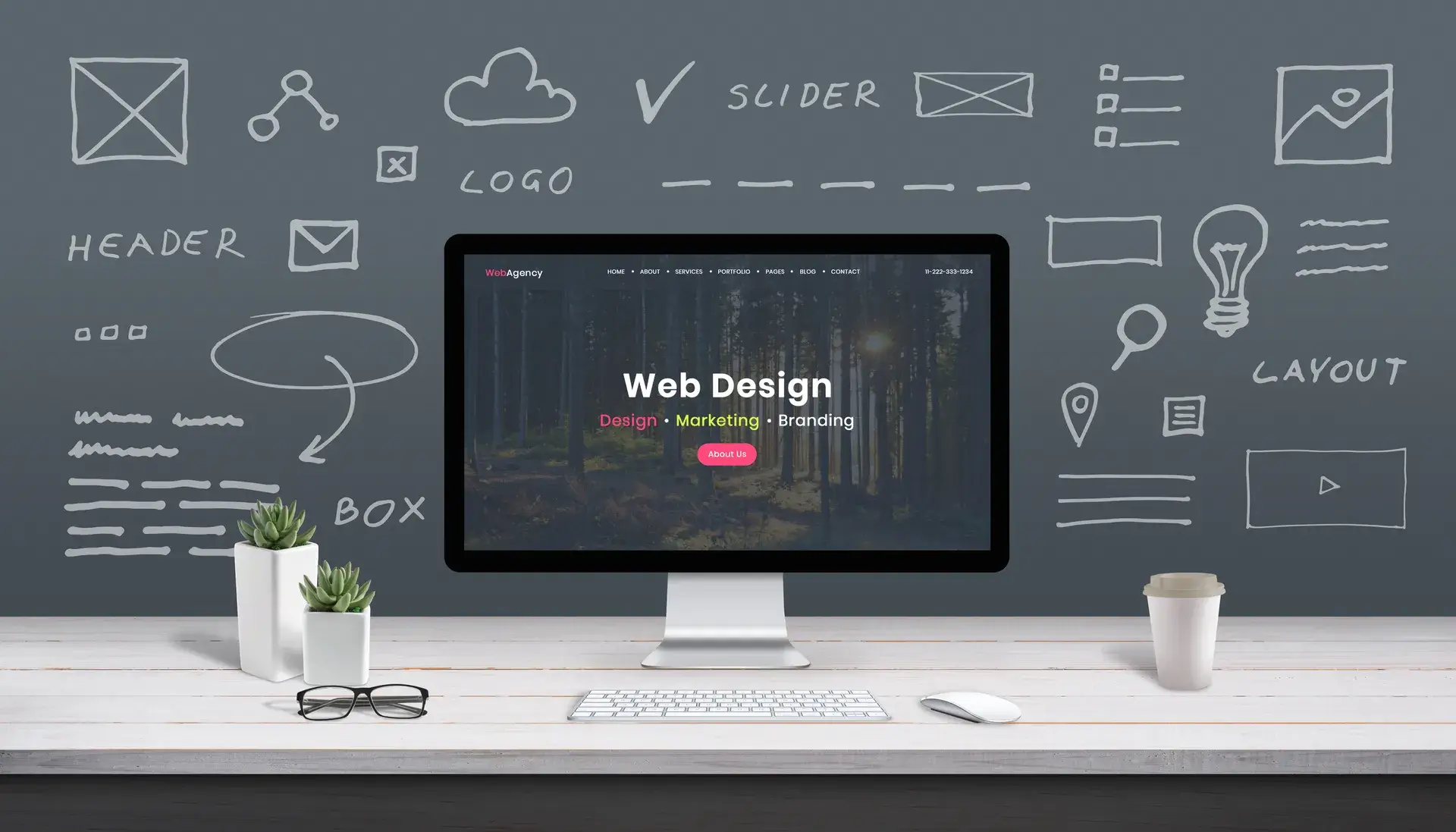In today's digital landscape, the speed of your educational institution's website is crucial for both user experience and search engine ranking. Prospective students, parents, and faculty expect access to information quickly and efficiently. This post will explore key strategies that educational institutions can implement to enhance their website speed, ultimately improving engagement and satisfaction.
The Importance of Website Speed
A fast-loading website can significantly influence how visitors perceive your institution. If your website takes too long to load, visitors may become frustrated and leave. Research shows that a delay of just a few seconds can lead to increased bounce rates, negatively impacting your website’s overall performance and your institution’s reputation.
1. Optimize Images for Faster Loading
Images often account for a significant portion of a web page's load time. To optimize images:
- Compress Images: Use tools such as TinyPNG or JPEGmini to reduce file size without losing quality.
- Use Responsive Images: Ensure your website serves the correct image size based on the device being used, utilizing HTML elements like
<img srcset>.
2. Leverage Browser Caching
When you leverage browser caching, you store static resources in the user's browser, which speeds up page load for returning visitors. To implement caching:
- Set expiration dates on certain resources like CSS, JavaScript, and images.
- Utilize caching plugins if you're using a CMS like WordPress, such as W3 Total Cache.
3. Minimize HTTP Requests
Every element on your page requires an HTTP request which can slow loading time. To minimize requests:
- Combine multiple CSS files into one and reduce the number of JavaScript files.
- Use CSS sprites to combine multiple images into a single file, thus reducing requests.
4. Choose the Right Hosting Solution
Your hosting provider is key to ensuring your website runs efficiently. Consider the following options:
- VPS Hosting: Provides better performance by allocating dedicated resources.
- Managed Hosting: Experience optimized services managed specifically for educational websites.
5. Regularly Update Your Website
Staying current not only affects security but can also improve performance. Regular updates can:
- Ensure you are using the latest, fastest versions of your CMS and plugins.
- Optimize performance by removing obsolete elements, thus reducing load times.
Conclusion
Implementing these website speed strategies can greatly enhance user experience for your educational institution's website. It’s essential to ensure that prospective students and stakeholders have quick access to the information they need. At Prebo Digital, we specialize in enhancing website performance tailored specifically for educational institutions. Ready to speed up your online presence? Contact us today to find out how we can help!














